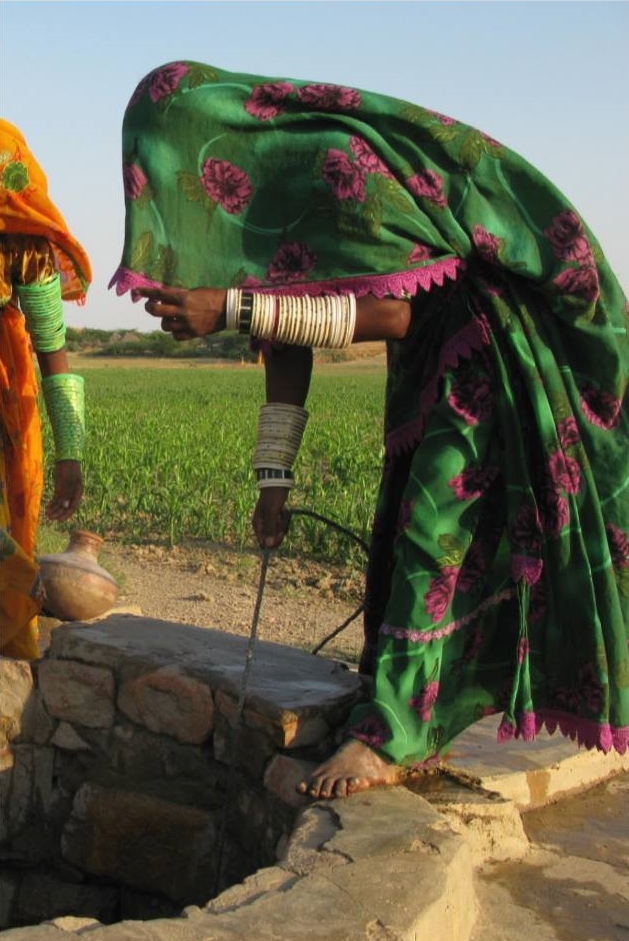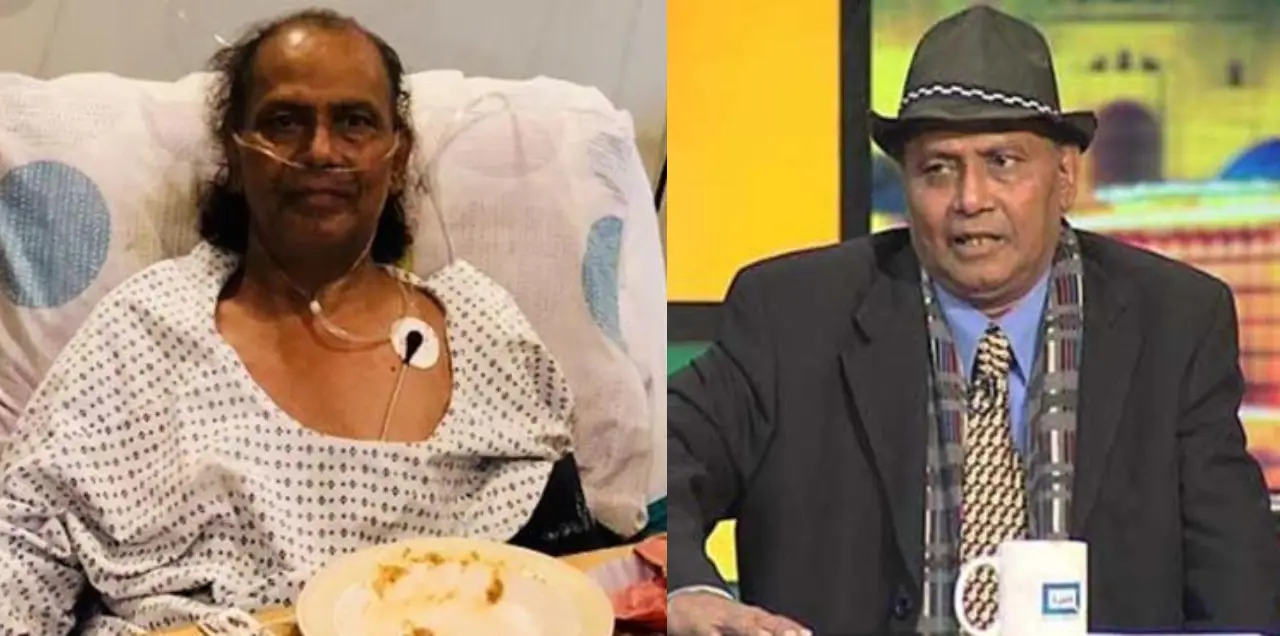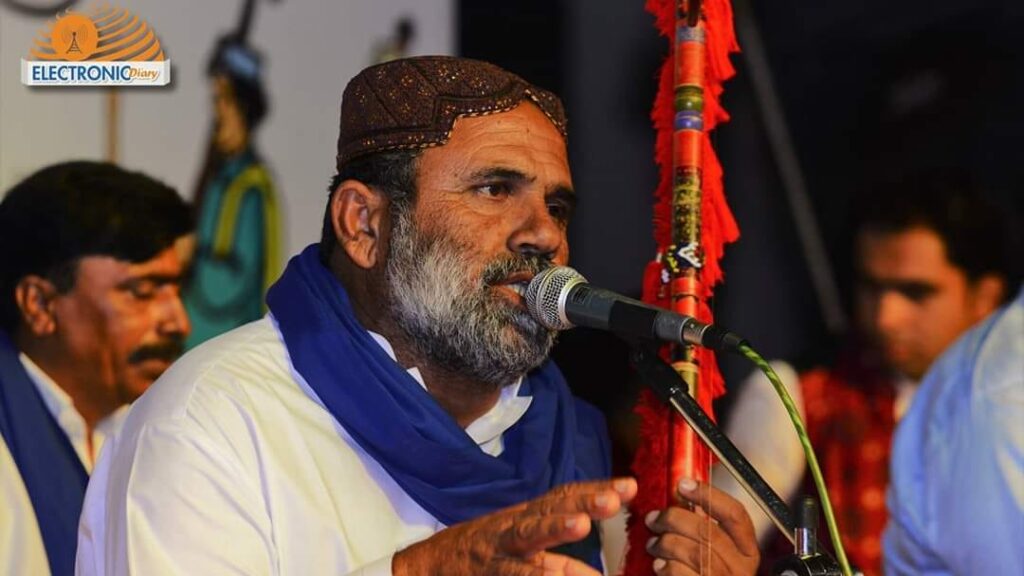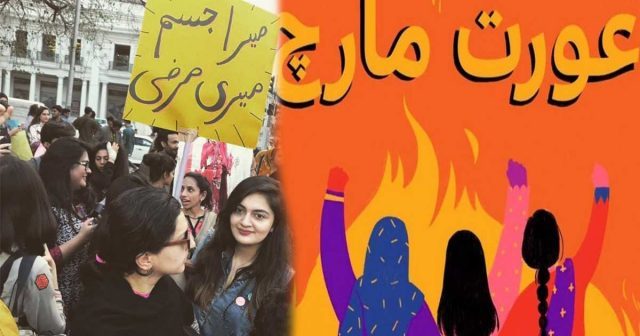By Shujauddin Qureshi
Untouchables exist in Pakistan. Many people in Pakistan might have been shocked to read two identical news on social media about the refusal of the burial of the remains of two human beings — one in Sindh and another in Punjab. In Sindh, the deceased was a low-caste Hindu girl whose body was thrown out of the graveyard by influential people of Muslims in Thando Allahyar district whereas authorities of a private housing society in Lahore refused to allow the burial of famous comedian Amanullah by terming him “Meerasi” (a low caste artist).
In Sindh low caste Hindus often bury their dead instead of cremation as done by many Hindus in the Indian subcontinent.
According to the prominent Sindhi channel, KTN News the relatives took the body of a 13-year-old girl Shahzadi Bheel near Tando Allahyar city but some influential people of the Leghari clan of Muslims stopped them from burying the body despite the fact they had dug the earth to make the grave.
A relative told the reporter of the KTN News that influential people of the Leghari tribe along with prominent political leader Roshan Junejo had visited the graveyard and threatened of dire consequences to them if they buried the body. They said they were helpless and took the body back to the village.
On airing of the news, the Deputy Commissioner of Tando Allahyar took notice of the incident, but that remained useless as the relatives had to take back the body to their ancestral village Agham Kot.
This incident invited severe criticism from human rights and minority activists in Sindh who condemned the incident and termed it against the values of humanity and secular traditions of Sindh. One call recalls a similar incident in 2013 when followers of a religious Peer in the Pangrioyo area in Badin district dug the grave of a Dalit singer Bhooro Bheel and desecrated the body by throwing the body out of the grave. Civil society protested all over Sindh.
In Lahore, the prominent comedian Amanullah Khan passed away on March 6 and when his body was taken to the graveyard of Paragon Housing Society in Lahore the administration refused to allot the land in the graveyard. The relatives informed Punjab Information Minister Fayyaz ul Hasan Chohan, who arrived at the graveyard and according to the report “influential” employees of the housing, society exchanged hot words even with the provincial minister.
The staff said that they would not allow a ‘meerasi’ [a term used for low-caste entertainers] to be buried here. However, Chohan prevailed and the comedian was buried under his supervision.
It is a regrettable and unacceptable act for a common man that such incidents are happening in the Islamic Republic of Pakistan. Islam does not allow discrimination based on religion or caste.
Untouchables Are Everywhere

In Pakistan, the issue of untouchability persists, affecting millions of people belonging to Scheduled Castes, despite constitutional protections and legal prohibitions. Scheduled Castes, also known as Dalits or “untouchables,” face widespread discrimination and social exclusion across various aspects of Pakistani society.
The concept of Scheduled Castes originates from the Indian subcontinent’s historical caste system, which categorized people into hierarchical groups based on birth. Although Pakistan is an Islamic republic, the vestiges of this untouchables system continue to impact its Hindu minority, particularly those from lower castes. It’s estimated that approximately 40% of Pakistan’s Hindu population belongs to Scheduled Castes.
Scheduled Castes in Pakistan are predominantly found in Sindh province, where they often work in menial jobs such as sanitation work, agriculture, and bonded labour. Many live in poverty, with limited access to education, healthcare, and economic opportunities. The cycle of poverty and discrimination is perpetuated by deeply ingrained societal attitudes and practices.
Despite legal protections, including the Scheduled Castes (Abolition of Disabilities) Act of 1957 and constitutional guarantees of equality, implementation remains weak. Scheduled Caste individuals frequently face social ostracism, economic marginalization, and even violence. They are often denied access to public spaces, such as restaurants or places of worship, and face discrimination in employment and education.
The issue of untauchables extends beyond the Hindu community. Some Muslim groups, particularly those with a history of conversion from lower Hindu castes, also face similar discrimination. This highlights how caste-based prejudices have transcended religious boundaries in Pakistan.
Efforts to address this issue have been limited. While the government has introduced quotas for Scheduled Castes (untouchables) in government jobs and educational institutions, these measures often fall short due to poor implementation and societal resistance. Civil society organizations and human rights groups continue to advocate for stronger enforcement of anti-discrimination laws and greater social inclusion of Scheduled Castes.
Addressing the plight of Scheduled Castes in Pakistan requires a multifaceted approach, including stringent law enforcement, educational initiatives to combat prejudice, and economic empowerment programs. Until such comprehensive measures are implemented, the reality remains that untouchables are indeed everywhere in Pakistan, facing daily struggles against deep-rooted discrimination and social exclusion.




